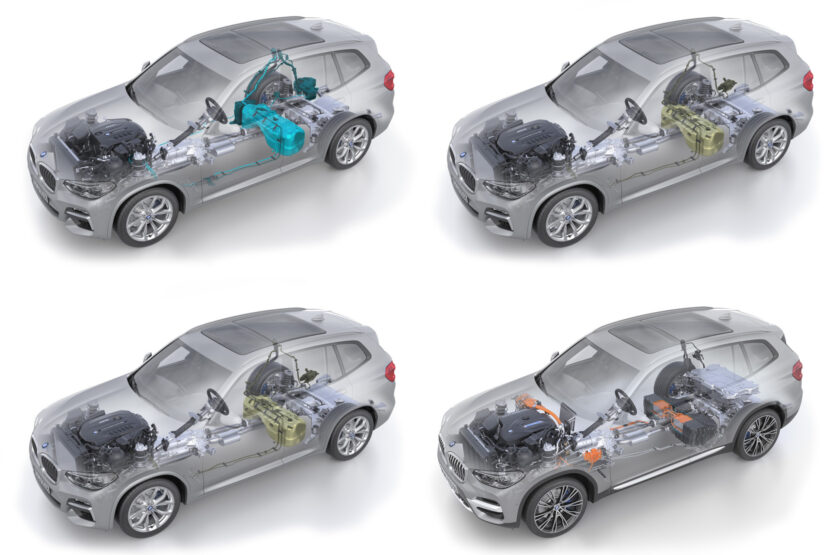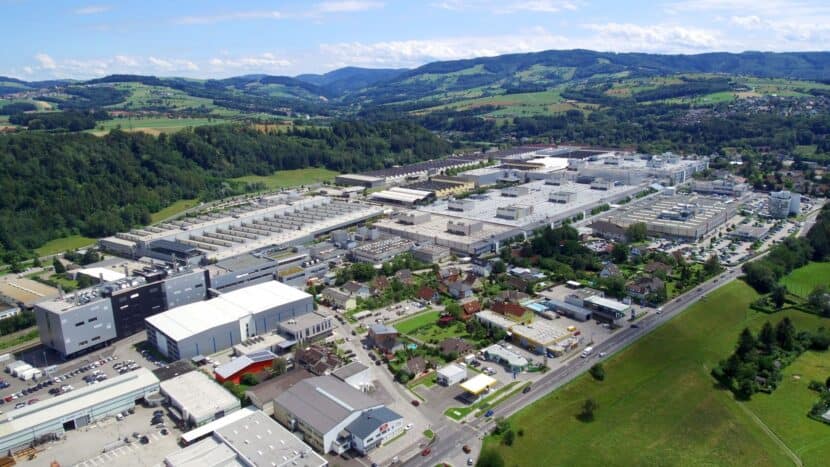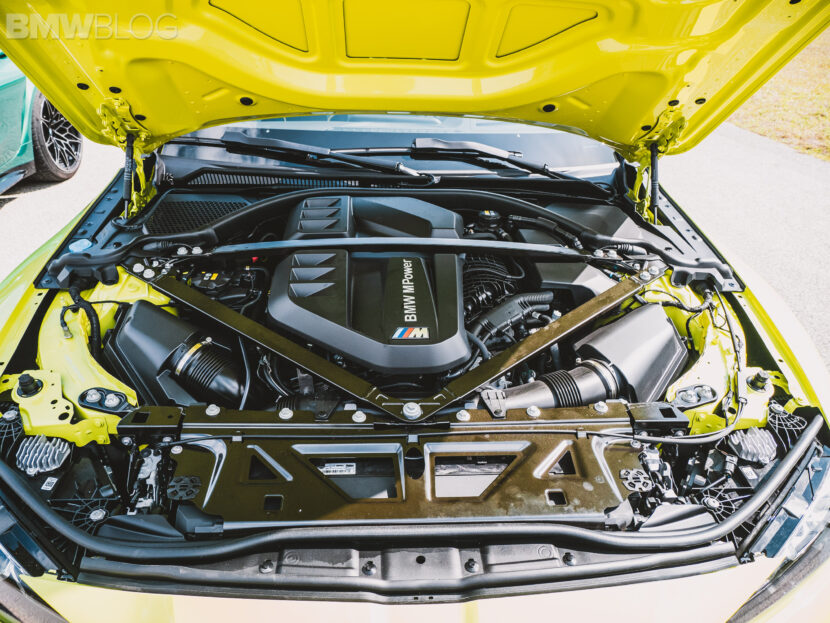In an trade sprinting towards electrified autos, BMW is taking a cautious method. Whereas rivals scramble to reshape their complete product lineups to stability out EVs and ICE fashions, BMW is doubling down on their Energy of Selection technique by persevering with to spend money on inner combustion engines, alongside electrified and hydrogen-powered autos. The message is evident, and it comes straight from the highest: “The combustion engine is our basis,” mentioned Klaus von Moltke, Head of World Powertrain Manufacturing and Plant Supervisor at BMW’s Steyr engine plant, in a current interview with Automobilwoche.
Removed from a nostalgic soundbite, von Moltke’s assertion reinforces the automaker’s distinctive technique—one which treats the shift to electrification as a transition, not as an finish sport. BMW’s engineering spine was constructed on combustion know-how, and it plans to maintain that legacy alive whilst its Neue Klasse EVs usher in a brand new period.
Fuel and Diesel Nonetheless within the Image
Whereas some rivals have backpedaled from early EV-only ambitions, BMW has constantly refused to set a agency expiration date for its gasoline and diesel engines. That restraint, based on von Moltke, is rooted in realism: “The combustion engine funds our future enterprise,” he mentioned, citing ongoing world demand and the income it generates to fund new applied sciences.
Diesel, particularly, stays a part of the plan—however in a cleaner, extra sustainable type. BMW is actively testing HVO100, a renewable gasoline created from hydrotreated vegetable oil that comprises no fossil diesel. Able to lowering CO₂ emissions by as much as 90%, HVO100 additionally improves chilly begin efficiency. Some new BMW diesel autos are already delivered to sellers pre-filled with the gasoline, although broader availability stays restricted outdoors manufacturing facility settings.
Steyr Plant’s Twin Position: Legacy and Future
Steyr, Austria—residence to BMW’s largest engine plant—is the epicenter of this two-pronged method. In 2024, the plant produced roughly 1.2 million combustion engines. Now, it’s ramping as much as construct 600,000 electrical drive items yearly as a part of the Neue Klasse rollout, beginning with the next-generation BMW iX3 later this 12 months.
However this transition didn’t come with out nervousness. Von Moltke recalled vital unease earlier than BMW’s 2022 resolution to designate Steyr as a world hub for electrical powertrains: “There was positively nice unrest… We had been extremely depending on the combustion engine, and the massive query was whether or not and the way issues would proceed.” That query has now been answered. He describes the temper immediately as “considerably extra relaxed,” with the plant’s twin mandate offering job safety by no less than 2030.
BMW’s Secret Weapon: Flexibility


What units BMW aside, von Moltke argues, is its technology-agnostic mindset. “It’s certainly considered one of our strengths to be broadly and flexibly positioned at one location,” he mentioned. Workers are educated to work on each ICE and EV elements, and manufacturing traces are engineered to deal with each. This adaptability permits BMW to reply nimbly to shifting market demand with out overcommitting to 1 know-how on the expense of one other.
BMW’s versatile philosophy extends to its management too. When requested whether or not he expects the European Union to implement its proposed 2035 ban on new combustion engine autos, von Moltke didn’t mince phrases: “It’s not our job to make such assumptions; that’s pointless. Our job is to think about all doable situations, put together for every one, and guarantee our supply functionality.”
Combustion’s Evolving Position
Nonetheless, BMW is aware of it will possibly’t depend on combustion eternally with out evolving it. That’s why it’s investing in making its gasoline and diesel engines compliant with Euro 7 requirements and exploring renewable fuels for long-term viability. Even M efficiency fashions are adapting: the brand new M5 makes use of a plug-in hybrid V8, and a brand new gasoline-powered M3 with a rumored mild-hybrid is already in growth.
Whereas BMW expects EVs to make up 50% of worldwide gross sales by 2030, they’re not there but. In Q1 2025, EVs accounted for just below 19% of deliveries. Meaning combustion engines are nonetheless pulling vital weight—and certain will for years to come back.
[Source: Automobilwoche via Motor1]





